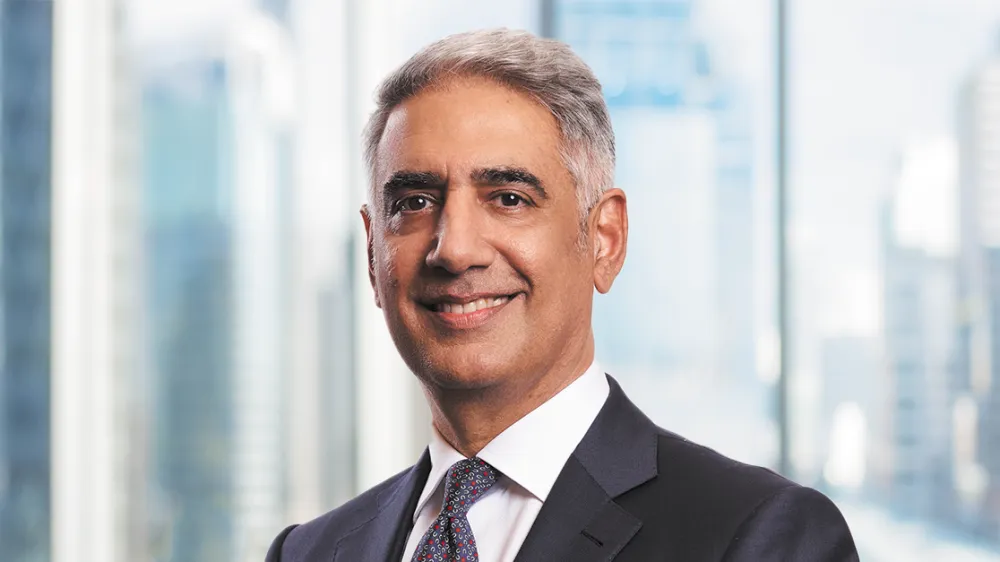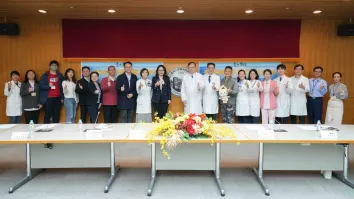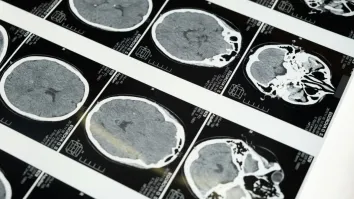
Can Trump-backed Stargate project beat ‘The Big C’?
The tech is expected to help create a cancer vaccine in just 48 hours.
US President Donald Trump has unveiled a $500b joint venture among Oracle Corp., OpenAI, and Softbank Group called Stargate, which promises to find a cure for cancer using the biggest artificial intelligence (AI) infrastructure.
Stargate will start building out data centres and the power infrastructure needed to further develop the fast-evolving AI in Texas, according to the White House. The initial investment is expected to be $100 billion and can reach five times that sum.
One of the initiatives to look forward to is an mRNA cancer vaccine, Oracle co-founder and Chief Technology Officer Larry Ellison told a news briefing streamed live on YouTube on Jan. 21. “Imagine early cancer detection, the development of a vaccine tailored to your specific cancer,” he said.
Ellison said the cancer vaccine could be developed robotically using AI in just 48 hours.
These vaccines use a tiny piece of mRNA, a genetic material, to teach the body’s immune system to recognise specific targets such as cancer cells, according to the Royal College of Pathologists.
“You can do early cancer detection with a blood test,” Ellison said. “Once we gene-sequence the cancer tumour, you can then design a vaccine specifically for the individual. This is the promise of AI and the future.”
While North America is boosting efforts to find a cure for cancer, the Asia-Pacific region is recognised as a key emerging player in the global AI oncology market, according to Transparency Market Research.
“Countries such as Germany, the UK, China, and India are increasing their focus on AI applications,” it said.
As of 20 August 2024, 23 cancer vaccines were in clinical trials in China, with most being therapeutic vaccines — a type of immunotherapy that treats diseases after they have occurred.
In Singapore, the National University Hospital (NUH), Thermo Fisher Scientific, Inc., and MiRXES Pte Ltd. formed a joint venture to advance early cancer detection by developing genomic solutions tailored to the Southeast Asian population.
Meanwhile, Australia is building a research centre to advance immunotherapy through real-time monitoring of patients' immune responses. The centre will integrate imaging technology with advanced tools to study cancer immunology at the cellular level.
Questions to ponder:
- How can AI develop cancer treatments quickly without sacrificing patient safety?
- What are the limitations of AI in cancer care, and what research is being done to address them?
- What are the ethical considerations in using AI for cancer diagnosis and treatment?



















 Advertise
Advertise






